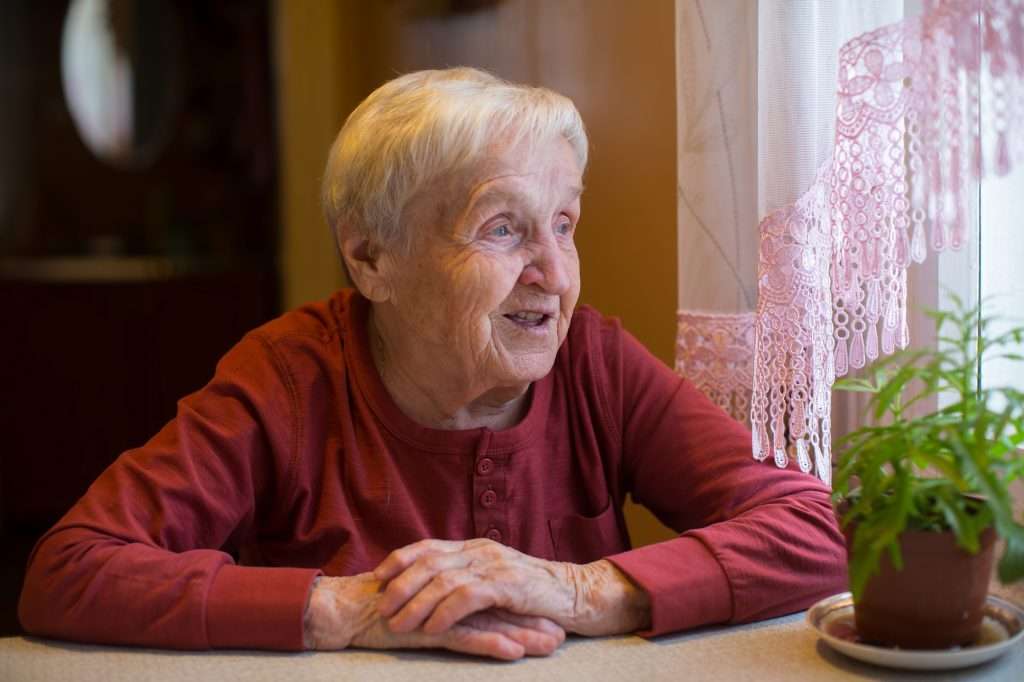Your voice matters

Phase I
In-depth interviews with older female victims/survivors of intimate partner violence (IPV)
This phase of the study asks the following questions:
- What are the lived experiences of older women living in the context of IPV?
- What are older women’s experiences of support services?
- How has the Covid-19 pandemic impacted upon these experiences?
During this 1st phase of the study, older women are being asked to share their stories of abuse and survivorship.
Recruitment is still ongoing for this phase as we still need to hear the more minoritised voices of older LGBTQ+ women, women from different cultural backgrounds, older old age groups, women with disabilities, carers for the abusive partner or being cared for by an abusive partner.
Interim findings will be published at the end of this phase.